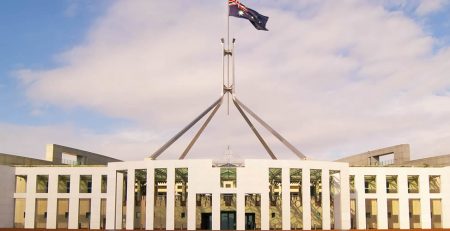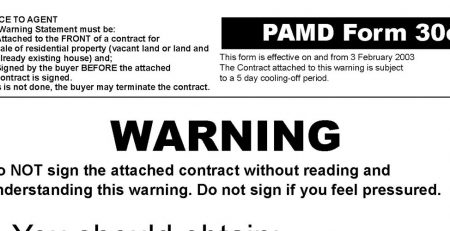Understanding Wills – What is a Will?
What is a will?
It is commonly asked what is a will. A will is a document which expresses how and to whom the property of an individual (the testator) will be distributed after their death. It is prudent to engage a solicitor and give clear instructions regarding how and to whom your property will be distributed after your death to ensure the validity of your will.
Under a will, a trustee holds property on trust for the nominated beneficiaries and an executor manages and protects the assets of the estate according to the terms of the will of the deceased. Often these two roles will be fused in the will and can be taken on by one individual or multiple persons acting jointly (unanimously) or severally (one may sign on behalf of all) or sequentially (one person until unable or unwilling to act, then next person). Beneficiaries are those persons who receive some benefit under the will. They may be any person other than the testator. A testator may decide when a beneficiary receives a benefit by expressing the exact vesting age in the will.
Why need a will?
A will is necessary to ensure the desired distribution of the assets of your estate. If you die intestate (you have no will or your will is invalid), the laws of intestacy according to the Succession Act 1981 (Qld) will apply. This may in turn result in unintended beneficiaries receiving part or all of your estate.
Who can challenge a will?
Eligible persons (a spouse or child of the deceased or someone who is dependent on the deceased) may apply to the Supreme Court of Queensland for a Family Provision Order if they have been left out of a will.
In Queensland, notification to the executor or administrator of the testator’s estate must be made within six months of the death of the deceased and a claim for a Family Provision Order must be made to the Court within nine months of the death of the deceased. It is important to ensure your will is drafted correctly to deter or prevent these types of claims.
What about superannuation?
Death benefits held in superannuation funds do not automatically flow to the estate of the deceased. A Binding Death Benefit Nomination (BDBN) may be made to your Legal Personal Representative (executor) directing who is to receive your superannuation benefit in the event of your death. A lapsing BDBN is typically valid for three years and may be amended, revoked or renewed at any time.
If you have any questions regarding wills and your estate, please contact Olsen Lawyers on (07) 3846 5288.











